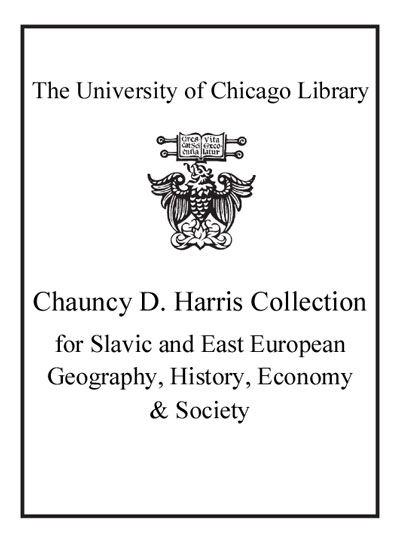Russia-EU relations and the common neighborhood : coercion vs. authority /
| Author / Creator: | Busygina, Irina, author. |
|---|---|
| Imprint: | London ; New York : Routledge,Taylor & Francis Group 2018. |
| Description: | 241 pages ; 24 cm. |
| Language: | English |
| Series: | Post-Soviet politics Post-Soviet politics. |
| Subject: | |
| Format: | Print Book |
| URL for this record: | http://pi.lib.uchicago.edu/1001/cat/bib/11320886 |
| Summary: | Examining Russia-EU relations in terms of the forms and types of power tools they use, this book argues that the deteriorating relations between Russia and the EU lie in the deep differences in their preferences for the international status quo. These different approaches, combined with economic interdependence and geographic proximity, means both parties experience significant difficulties in shaping strategy and formulating agendas with regards to each other. The Russian leadership is well aware of the EU's "authority orientation" but fails to reliably predict foreign policy at the EU level, whilst the EU realizes Russia's "coercive orientation" in general, but cannot predict when and where coercive tools will be used next. Russia is gradually realizing the importance of authority, while the EU sees the necessity of coercion tools for coping with certain challenges. The learning process is ongoing but the basic distinction remains unchanged and so their approaches cannot be reconciled as long as both actors exist in their current form. Using a theoretical framework and case studies including Belarus, Georgia and Ukraine, Busygina examines the possibilities and constraints that arise when the "power of authority" and the "power of coercion" interact with each other, and how this interaction affects third parties. |
|---|---|
| Physical Description: | 241 pages ; 24 cm. |
| Bibliography: | Includes bibliographical references and index. |
| ISBN: | 9781138215467 1138215465 9781315443966 |

